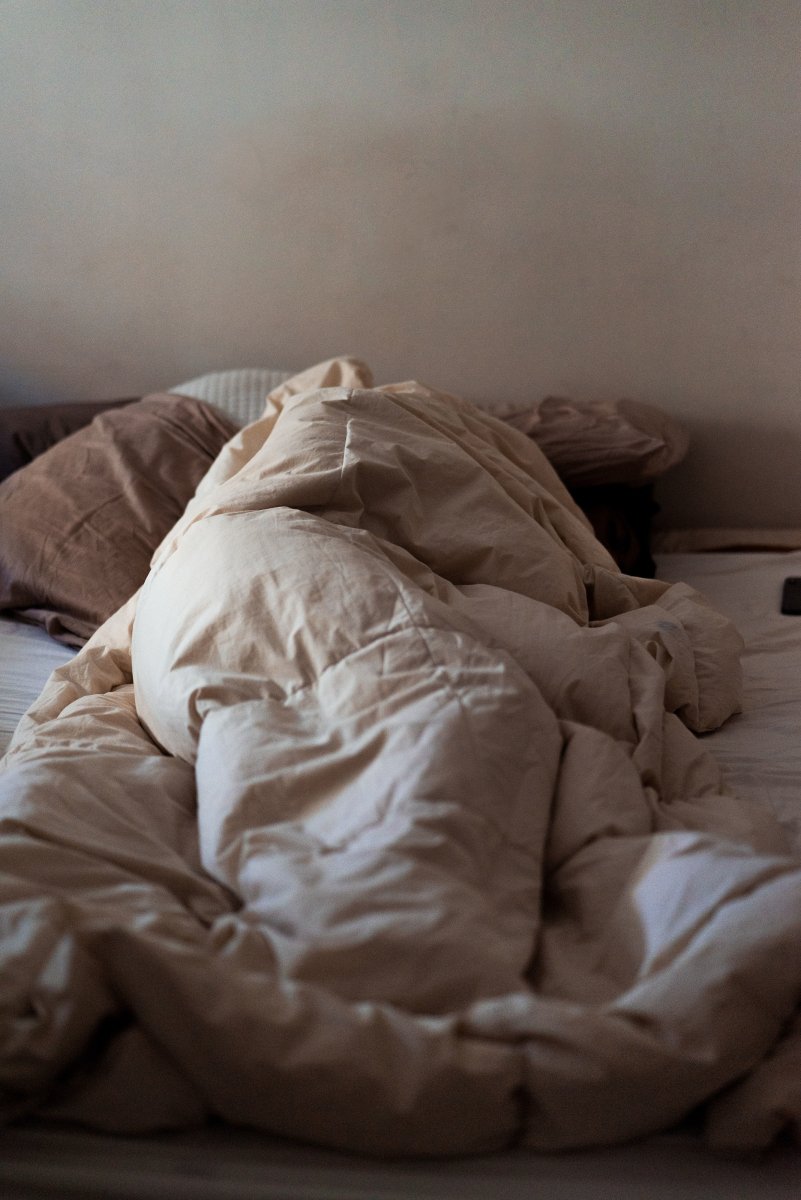
The side effects of poor sleep
At some point, everyone has suffered from a poor night of sleep and noticed the difference it has made the following day. However, the effect of one night of poor sleep is very different to the impact of continually suffering from restless nights with a poor quality of sleep. It's more than simply feeling tired and it can affect many different areas of your day-to-day life.
Illness
A lack of good quality sleep can affect your immune system, meaning that you'll be much more susceptible to viruses, colds, and influenza. When you sleep, your immune system both produces and releases proteins called cytokines which work to target inflammation and infections. When you’re not getting enough sleep, your body is unable to produce enough cytokines, and therefore your ability to fight off colds and bugs is hindered. While sleeping more won’t make you invulnerable to illnesses, it can help you to be less susceptible to them.

Weight gain
After a poor night’s sleep, it’s quite possible that you might feel hungrier than usual and more inclined to indulge in a few extra snacks throughout the day. While one day of eating a little extra won’t affect your weight in the long term, continually overeating can lead to obesity and health implications that come with being overweight. We eat more when we’ve not slept well because sleep deprivation leads to a reduced level of leptin in our bodies, the hormone that makes us feel full, and increased levels of ghrelin, the hormone which makes us feel hungry. Sleep helps us to regulate the production of these chemicals and keep our appetite in check to resist overeating and unhealthy weight gain.
Irritability
While we all have bad days, a lack of good quality sleep can lead to altered moods, irritability, and a short temper. Irritability and emotional instability due to long-term sleep deprivation can damage your relationships with friends and co-workers, impede your ability to work alongside others as part of a team, and eventually lead to serious mental health issues like anxiety and depression. This is thought to be due to an increased activity in the amygdala - a part of the brain that regulates emotional response – in sleep deprived people, which causes our emotional responses to be amplified. Sleep helps your brain to properly regulate your emotional responses, helping you to be more measured in your social interactions.

Decreased libido
Lack of sleep can affect your sex drive in two different ways. First, and most obviously, being exhausted due to not enough good quality sleep makes the idea of sex unappealing – a 2003 study states tiredness as the leading reason for individuals and couples to lose their interest in sex (1). Secondly, poor sleep increases stress, anxiety, and depression. After prolonged periods of poor sleep, our bodies increase the production of cortisol, the stress hormone, and decrease the production of hormones that drive the libido, such as testosterone and oestrogen. This leads to a lack of interest in sex, and a decreased libido.
Funnily enough, more sex before bed can help us to improve our sleep, which in turn will increase our sex drive. The endorphins released during sex help to ease stress and anxiety, relaxing you and helping you to drift off into blissful sleep.
Poor Memory
A poor memory can affect you more than simply forgetting where you put your keys. It can affect your work performance, your social life and cause an inability to concentrate. A lack of good quality sleep can cause problems with both your long and short term memory - while you sleep, your brain is working to make connections that allow you to process memories and information, helping you to remember more. A lack of sleep means that these connections aren’t made and the processing isn’t done, meaning you might find it difficult to remember things that happened the day, week or month before.
Fixing your sleep means that your brain can work throughout the night, helping your thoughts to be clearer, your memory to be sharper and your ability to concentrate stronger.

Fix your sleep
The secret to consistently getting a good night’s sleep lies in routine. Think carefully about how you spend the few hours before bed and look at adjusting that time to be relaxing and conducive to good sleep. This means spending time to relax the body and mind through peaceful meditation, drinking relaxing herbal tea, taking a long hot tranquil bath with calming essential oils, switching off harsh TV and smartphone screens, or spending time reading or listening to peaceful music. It is also important to ensure your bedroom is a place that is designed around supporting sleep – this means comfortable bedding, a cooler temperature, no noise, and darkness.
It may take time to reset your sleep patterns and get into the swing of a consistent and healthy sleep rhythm, but once you’re able to allow your mind and body to recharge fully each night, you’ll notice a huge difference to the quality of your everyday life.
At Anatome, we understand how difficult it can be to live with the side effects of poor sleep. Our products designed to help you achieve better sleep include heavenly essential oils, supplements and herbal teas, all containing natural ingredients proven to support good quality, restful sleep.
References:
- https://obgyn.onlinelibrary.wiley.com/doi/full/10.1111/j.1471-0528.2002.01002.x




